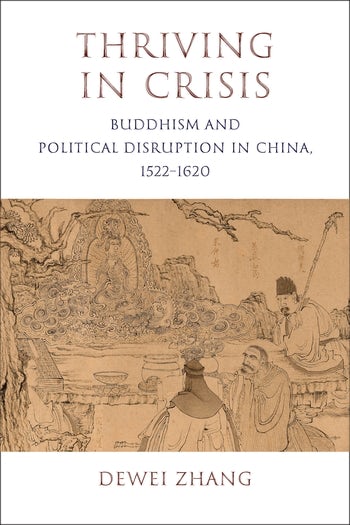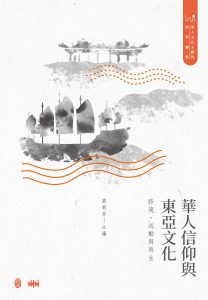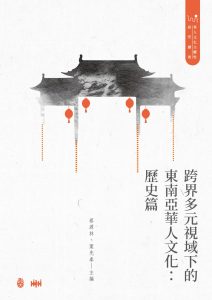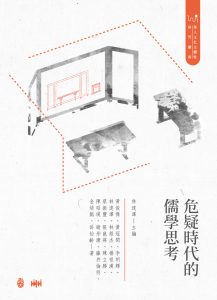Details
Author: Dewei Zhang
Publication Date: May 2020
Publisher: Columbia University Press
Description
Late imperial Chinese Buddhism was long dismissed as having declined from the glories of Buddhism during the Sui and Tang dynasties (581–907). In recent scholarship, a more nuanced picture of late Ming-era Buddhist renewal has emerged. Yet this alternate conception of the history of Buddhism in China has tended to focus on either doctrinal contributions of individual masters or the roles of local elites in Jiangnan, leaving unsolved broader questions regarding the dynamics and mechanism behind the evolution of Buddhism into the renewal.
Thriving in Crisis is a systematic study of the late Ming Buddhist renewal with a focus on the religious and political factors that enabled it to happen. Dewei Zhang explores the history of the boom in enthusiasm for Buddhism in the Jiajing-Wanli era (1522–1620), tracing a pattern of advances and retrenchment at different social levels in varied regions. He reveals that the Buddhist renewal was a dynamic movement that engaged a wide swath of elites, from emperors and empress dowagers to eunuchs and scholar-officials. Drawing on a range of evidence and approaches, Zhang contends that the late Ming renewal was a politically driven exception to a longer-term current of disfavor toward Buddhism and that it failed to establish Buddhism on a foundation solid enough for its future development. A groundbreaking interdisciplinary study, Thriving in Crisis provides a new theoretical framework for understanding the patterns of Buddhist history in China.
Contents
List of Illustrations
List of Tables
Preface
Abbreviations and Conventions
Chronology
Introduction
1. Setting the Stage
2. Emperor Jiajing (r. 1522–1566): A Four-Decade Persecutor
3. Empress Dowager Cisheng (1545–1614): A Great Patron
4. The Eunuchs: Organized but Not Always Reliable
5. Scholar-Officials: Struggling for the Right Position
6. Eminent Monks: Engaged in, or Entangled with the World?
7. Temples: Evolving Under Influence
8. Setbacks: Losing Beijing as a Growth Engine
Conclusion
Notes
References
Index
All Right Reserved to the Author and Sources





